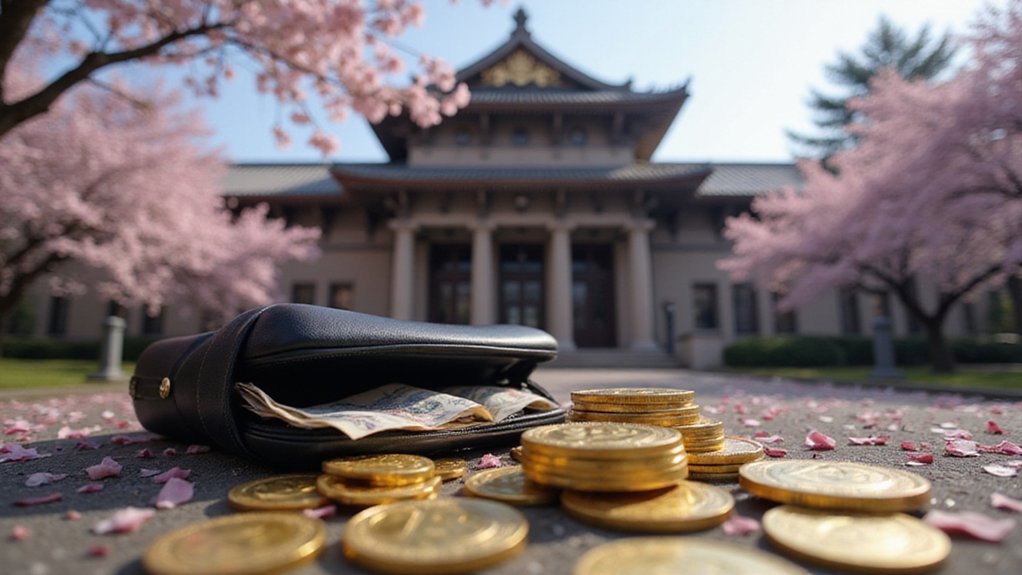While most nations grapple with whether to tax cryptocurrency gains at all, Japan has distinguished itself by implementing what can only be described as a punitive system that treats digital asset profits as miscellaneous income subject to progressive rates reaching an eye-watering 55% when combined with inhabitant taxes.
This approach—which somehow manages to tax crypto-to-crypto exchanges as taxable events while treating traditional stock investments with considerably more deference—has effectively positioned Japan as the world’s most aggressive crypto taxman, making even the IRS appear magnanimous by comparison.
The absurdity becomes particularly pronounced when contrasted with global approaches: Germany offers complete tax exemption after one year of holding, Singapore imposes no capital gains tax whatsoever on cryptocurrency transactions, and even the United States treats digital assets as capital gains rather than ordinary income.
Japan’s current framework fundamentally punishes investors for the audacity of diversifying into digital assets, creating a regulatory environment that discourages innovation while maximizing governmental revenue extraction.
However, Japanese policymakers appear to have recognized the self-defeating nature of their current approach. The proposed reform, targeting implementation in 2026 pending Financial Services Agency approval, would establish a flat 20% tax rate while eliminating the particularly onerous requirement to treat crypto-to-crypto exchanges as taxable events.
This represents not merely a reduction in rates but a fundamental philosophical shift toward treating cryptocurrency more like traditional financial instruments under the Financial Instruments and Exchange Act.
The reform’s strategic implications extend beyond mere tax relief. Japan’s ambitious goal of achieving 40% cashless payments by 2025 requires robust blockchain infrastructure and widespread crypto adoption—objectives that remain incompatible with confiscatory taxation.
The proposed changes could enhance Japan’s competitiveness in attracting blockchain startups and crypto businesses, particularly as other nations implement increasingly sophisticated digital asset frameworks. The reform could also facilitate greater integration with decentralized finance platforms that enable peer-to-peer transactions without traditional intermediaries. The regulatory environment has simultaneously evolved to support broader financial innovation, with crypto brokerages now permitted to operate as licensed intermediaries under new March 2025 rules.
For investors currently traversing Japan’s labyrinthine crypto tax obligations, the proposed 20% flat rate represents transformative relief.
The reform could stimulate market participation while positioning Japan as a regional leader in balanced crypto regulation—assuming, of course, that policymakers resist the temptation to modify their proposals before implementation.







